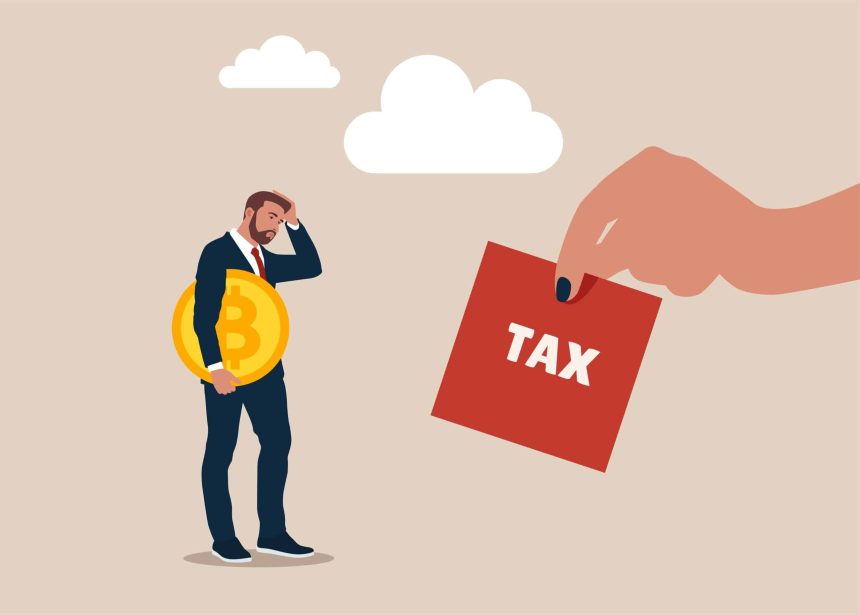The Australian Taxation Office (ATO) released new guidance on November 9, stating that capital gains tax (CGT) applies to certain decentralized finance (DeFi) transactions. The tax agency has failed to clarify key aspects of these rules, however, leaving Australian crypto investors confused about how to comply.
No Straight Answers on Everyday DeFi Taxation
The guidance said CGT is payable when transferring tokens to smart contracts or addresses not owned by the user. This includes activities like staking, lending, and wrapping tokens.
The ATO did not confirm whether everyday DeFi activities like liquid staking Ether through Lido or transferring funds via layer-2 bridges incur CGT, despite direct questions from industry members.
If CGT does apply to such transactions, it would mean investors owe tax on “profits” even if they haven’t sold their crypto or realized any actual gains. For example, an Australian who bought Ether for $100 and later sent it via a bridge when the price was $1000, would owe tax on $900 of “profit” despite still owning the ETH.
ATO simply stated that tax consequences depend on the “steps taken on the platform” and users’ specific circumstances, leaving DeFi users unsure of how to abide by the unclear new rules.
Experts Critique Aggressive Approach to Taxing DeFi
Industry leaders argue this aggressive approach shows the tax agency’s lack of understanding of the nuances of DeFi protocols.
The way the ATO rules on wrapped tokens read, it also looks like bridging ETH to a L2 is a CGT event.
In fact, the way most bridges work…every cross-chain bridge could be considered a CGT event.
You think you’re HODLing and transferring. The ATO thinks you’re disposing and…
— Crypto Tax Made Easy (@CryptoTaxSucks) November 17, 2023
“I think they don’t have enough of an understanding about the nature of what these transactions actually are,” Matt Walrath, founder of Crypto Tax Made Easy, said.
Walrath clarified that staking and lending don’t transfer beneficial ownership, since users can still withdraw their assets anytime.
“Although the bank might own my house when I mortgage it, I’m still the beneficial owner,” he added.
The former Australian government had tasked the Board of Taxation with developing appropriate crypto tax rules. But these recommendations, already delayed twice, aren’t expected until February 2023.
Is staking tokens a capital gains event in Australia now?!
According to the ATO’s new guidance, it might be. And this is absolutely ridiculous if enforced.
I’ll explain why.
First, the ATO said:
“In general, a CGT event happens if you transfer a fungible crypto asset (for…
— Crypto Tax Made Easy (@CryptoTaxSucks) November 16, 2023
“In the absence of legislation, the ATO has been allowed to make up the rules on their own,” said Senator Andrew Bragg, who criticized the government’s inaction in an interview with Cointelegraph.
He said the lack of clear legislation has created “complexity and uncertainty” for Australian crypto users.
DeFi users argue that everyday activities like using liquid staking or bridges are essential to gaining the technological benefits of crypto networks. Taxing them discourages the adoption of this technology. They want to see sensible tax policy developed in consultation with industry experts, not blanket rules created in a vacuum.
Experts agree clarity is urgently needed, even if it means paying taxes. They hope to see nuanced legislation soon, developed in collaboration with industry. But until then, Australian DeFi users have no option but to wait or take matters to court themselves.
Enter your email for our Free Daily Newsletter
A quick 3min read about today’s crypto news!
Read the full article here




